Goodbye Earth has joined the ranks of excellent Netflix original foreign language content, with the dystopian Korean series picking up a devoted fan base.
It’s a pretty dark series, and even if you’re used to watching something this myopic, it can prove to be a bit too much. This is especially true of its no holds bars ending, which has stirred some controversy among watchers.
So, what makes the final episode of the mini-series so talked about? Read on if you want the Goodbye Earth ending, explained.
What is Goodbye Earth about?
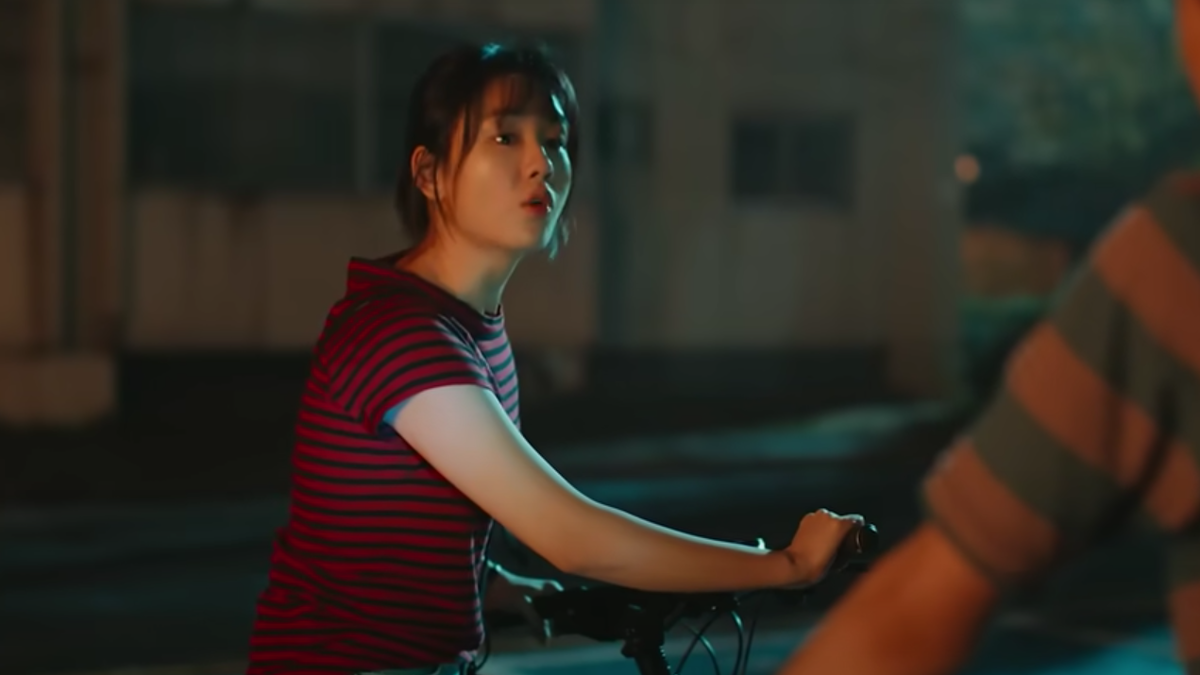
Goodbye Earth takes place in Woongcheon, South Korea, in 2026, 200 days prior to when an asteroid is expected to collide with the world and destroy the country. South Korea is under martial law thanks to unrest since the asteroid was announced, with wealthier locals flocking to alleged safe zones. As a result, the remaining population are stuck with crime waves, a lack of resources, and a number of scam artists taking advantage of all this despair.
The series follows four friends living in this Korea: Jin Se-kyeong, a teacher who now volunteers at city hall alongside other citizens trying to bring some structure back to society; Dr Ha Yun-sang, Se-kyeong’s fiancé, who didn’t see the riots, as he was in America; Father Woo Sung-jae, an assistant priest who’s been elevated to the real job after the main holy man disappears; and Captain Kang In-a, an army captain who is trying desperately to keep control of her unit.
The group stumble upon a child trafficking conspiracy that is being perpetrated by a cult of elitists who want to fund an escape from South Korea to a more safe country. Yun-sang is offered the chance to join the group, but chooses instead to stay with Se-kyeong, and Sung-jae soon discovers his superior, Father Baek, didn’t disappear, but joined this group. The four fail to negotiate a release for the children being trafficked, but the cult-like group don’t manage to escape: One of their planes fails to take off, and the other crashes, killing everyone on board.
The Goodbye Earth ending, explained
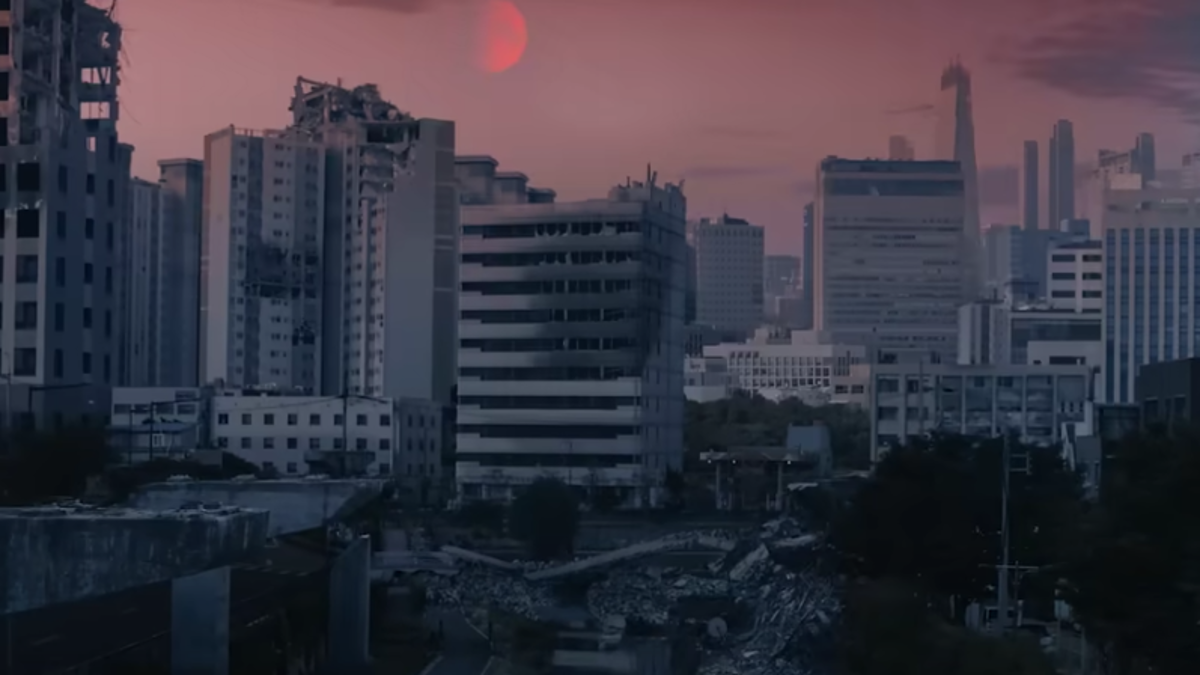
After the crash, we see the group reacting to the oncoming asteroid, which is now only days away. Se-kyeong and Yun-sang tie the knot, but it’s an uneasy ceremony, as they both chew over what they learned about the other during this time of high stress. In-a receives a discharge from the army and jumps into her car, driving into the distance alone. Sung-jae is too disillusioned by what he’s seen and leaves his role, but continues to do good works.
Se-kyeong learns the child trafficking has resumed, and goes on a mission to kill the remaining group members at their den. She does this even though the asteroid is about to hit. And, unlike many other similar stories, there is in fact impact, leading to mass destruction and death.
…Basically, don’t expect a season 2!

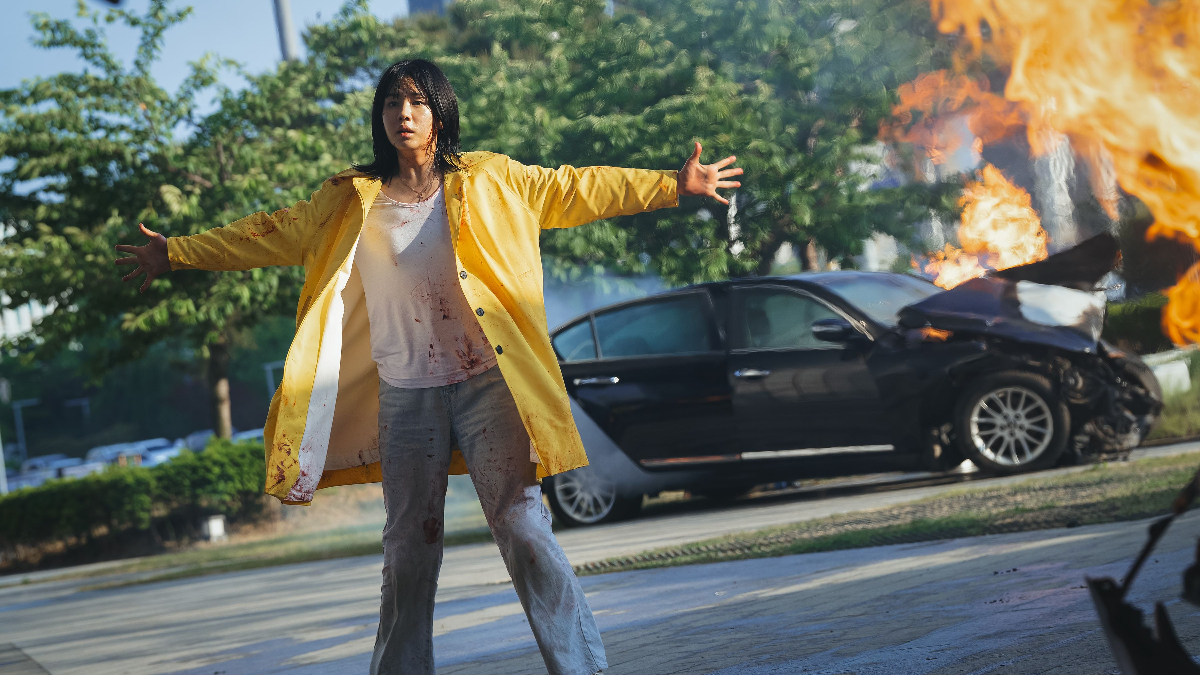

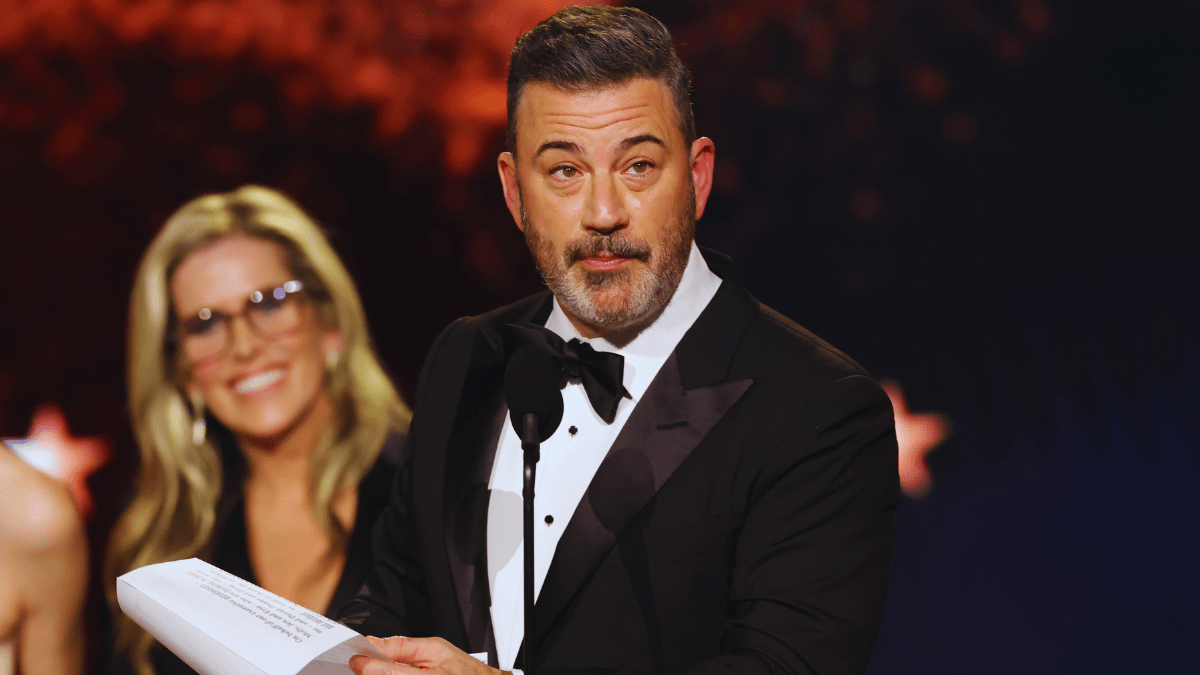



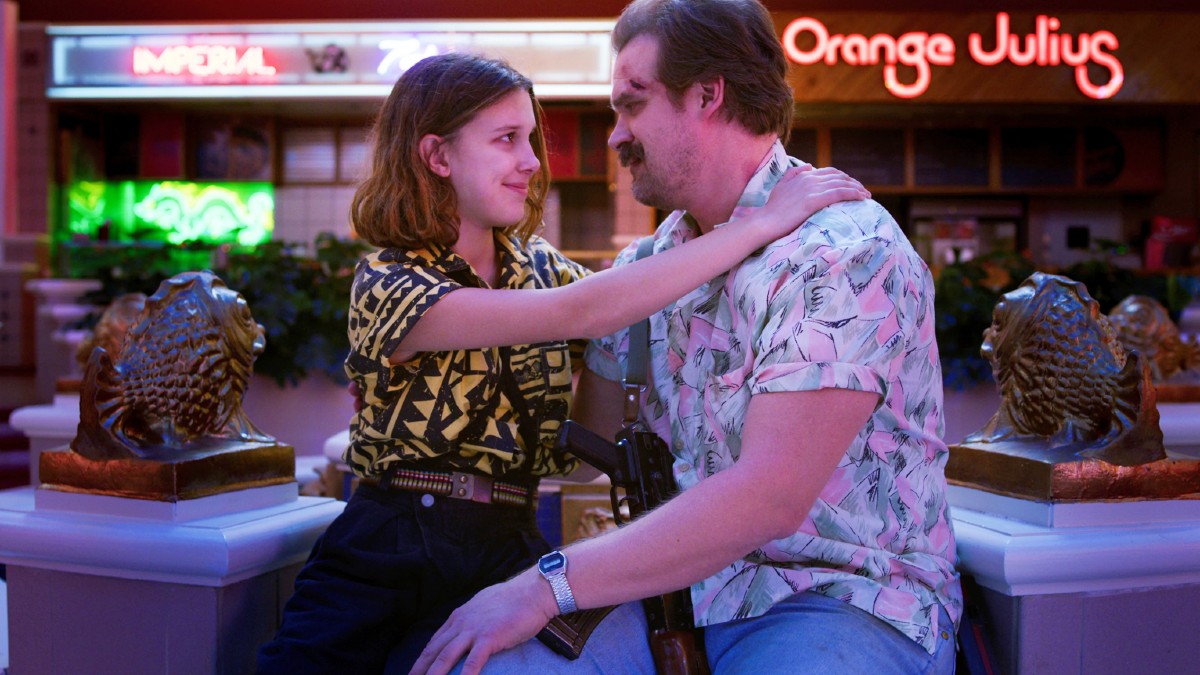

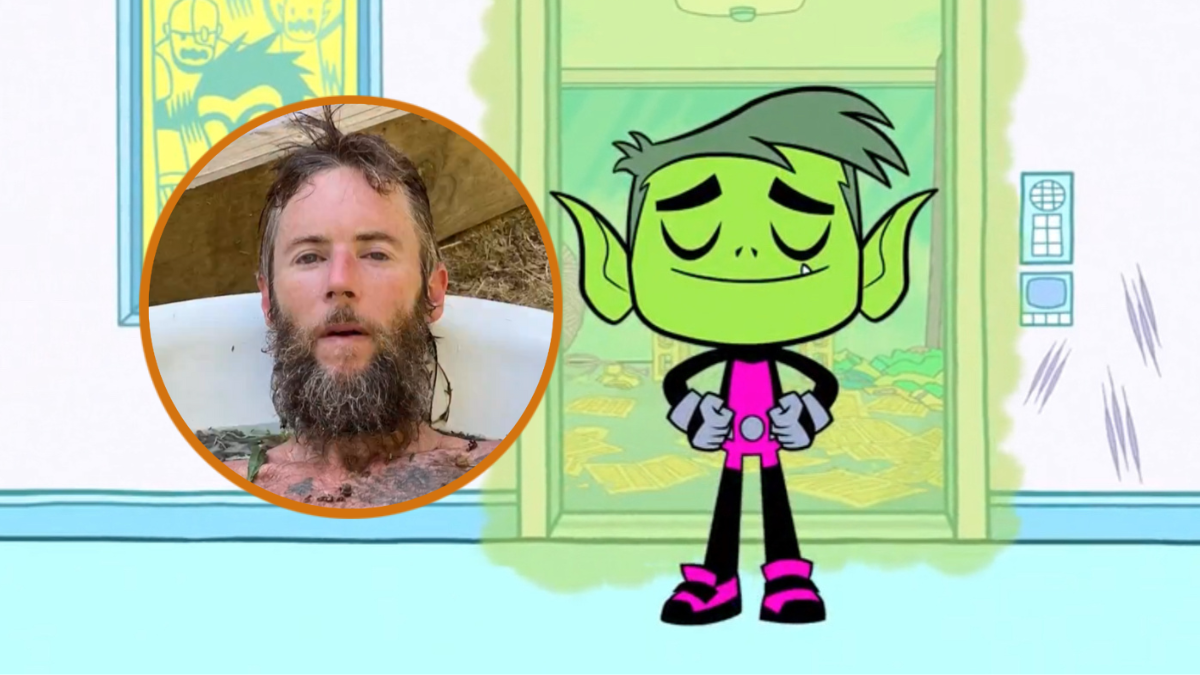
Published: May 17, 2024 05:23 pm